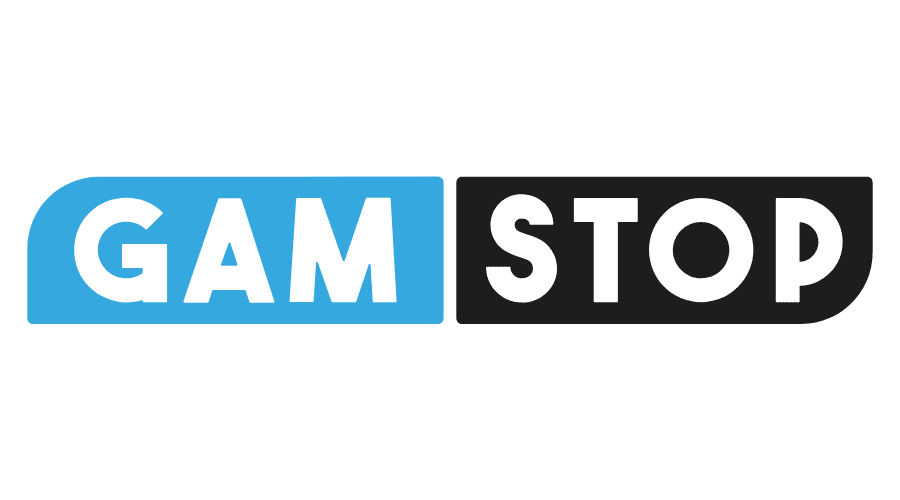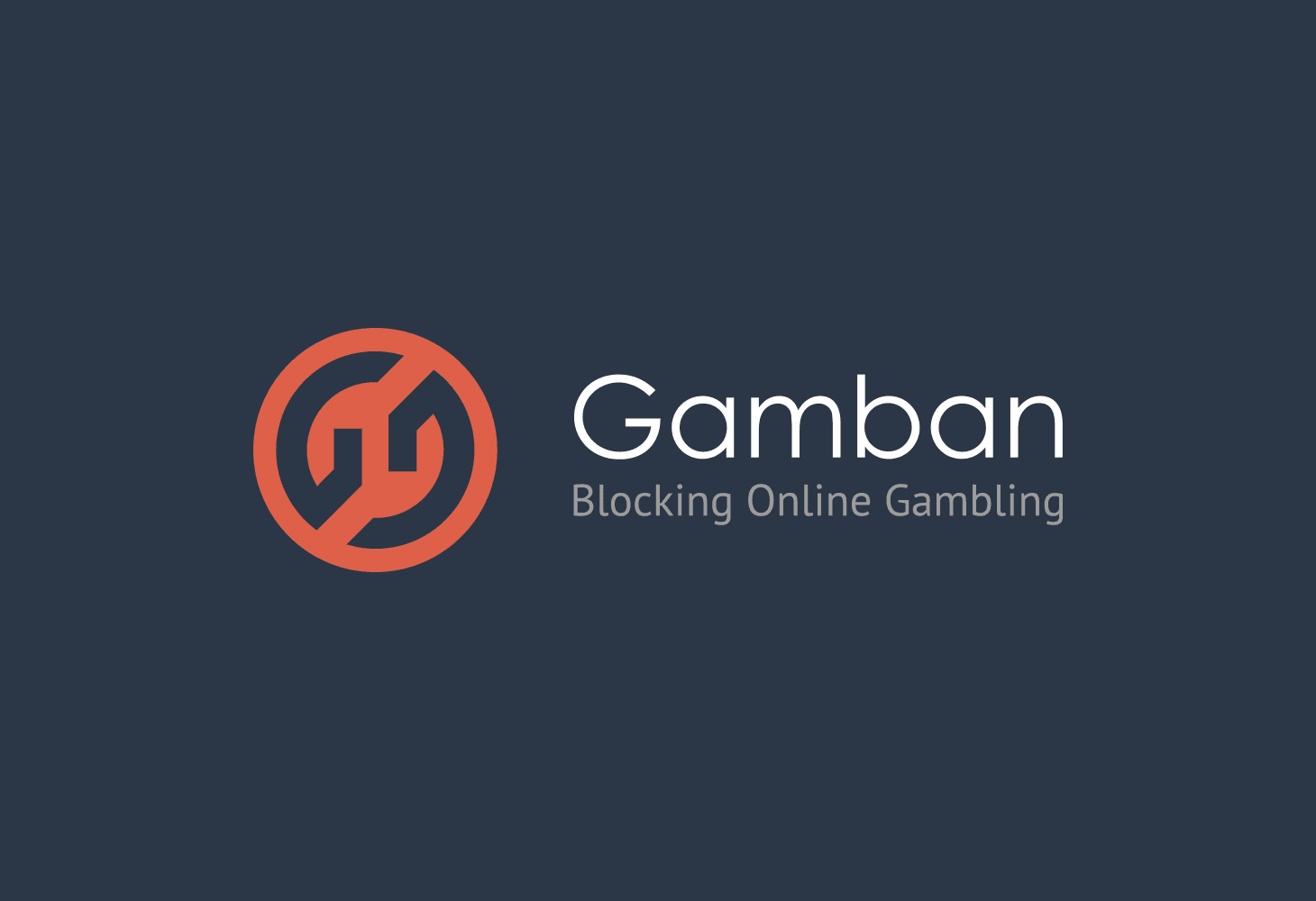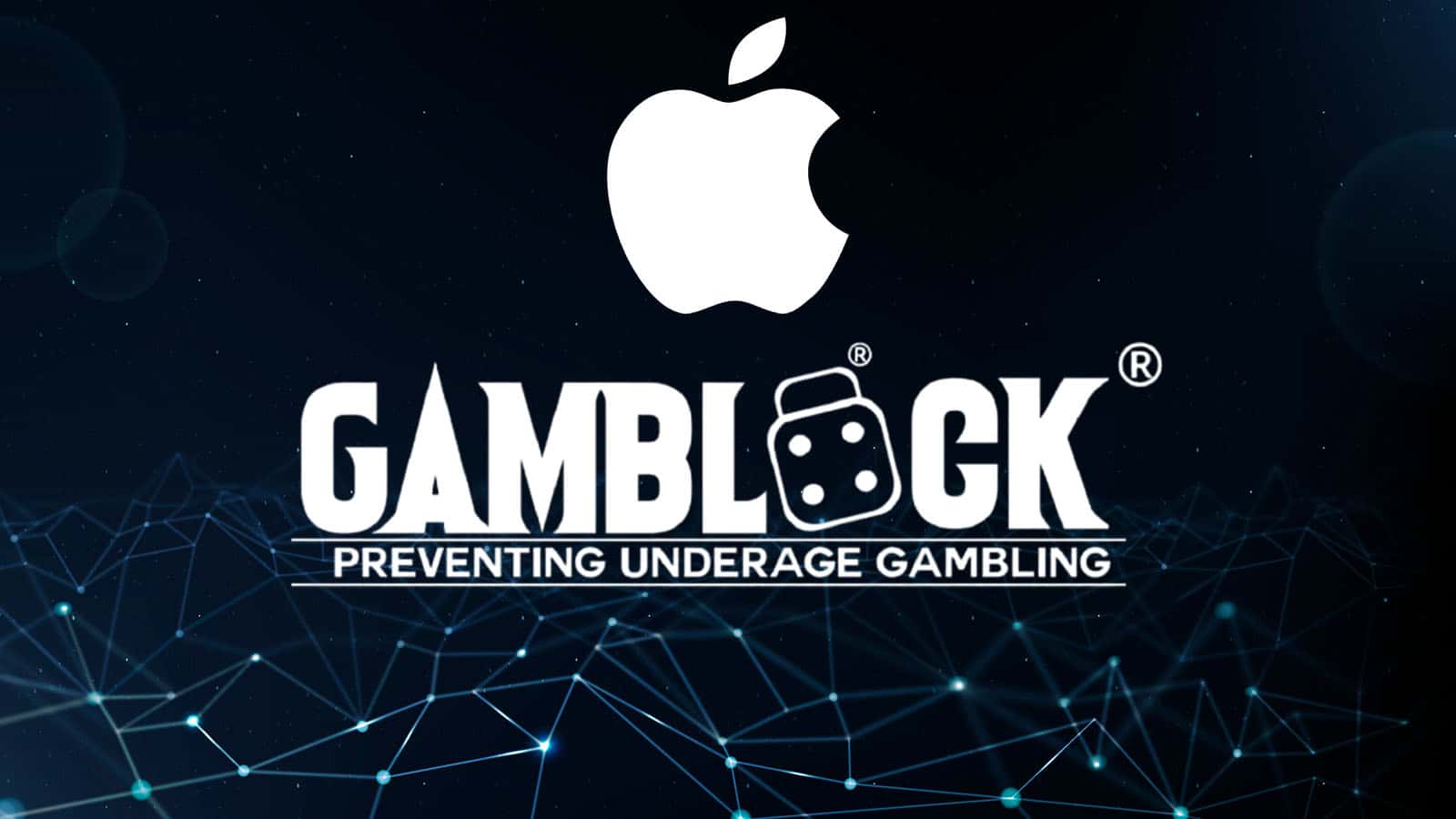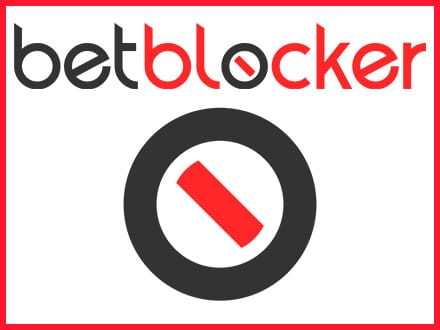Safety first: Responsible Gambling
Responsible Gambling – Why it matters
Responsible gambling involves taking proactive steps to ensure gaming remains a fun and enjoyable activity, whether at a physical casino or online. Players need to recognise when their gaming habits begin to shift from harmless entertainment to something more concerning, to prevent potential problems from escalating.
Gambling addiction is a serious psychological issue that occurs when gambling begins to interfere with a person’s personal, professional, social, or family life. Common signs include spending more than you can afford to lose, chasing losses, gambling for longer than planned, and experiencing mental health struggles linked to gambling. It’s crucial for players to regularly reflect on their gambling habits to ensure they remain in control, even if they’ve never encountered issues before.
If you or someone you know is showing signs of these behaviours, don’t worry. Help is available, and we’re here to provide resources that can guide you through overcoming these challenges. Additionally, there are various tools designed to help you safeguard yourself and adopt safe, mindful gambling practices for the future.
Healthy Habits you can take advantage of today
When our team reviews online casinos, we don’t just check the site for content, we also look for responsible gambling tools, customer service, banking and if they are UKGC licensed. That’s why when you play at any of the casinos we recommend, you can be sure you’ll get a trustworthy experience that priorisites your safety as well as your entertainment.
Even if you consider yourself a responsible player and feel that gambling has no negative impact on your life, we still encourage you to play on the safe side and use the resources available. Using the safety tools provided by UK casinos can help you avoid any potential issues or unexpected slip-ups. Here are some of the key tools available to support safer gambling:
Deposit Limits
Players can set limits on the amount of money they deposit into their accounts over a specified period, such as daily, weekly, or monthly.
- What it does: This feature helps players manage their gaming budgets by restricting how much they can spend. It promotes responsible gaming by preventing overspending and encourages financial discipline.
How it helps: Players gain better control over their gambling habits, reducing the risk of financial strain or impulsive behavior.
Reality Checks
Regular on-screen notifications or alerts inform players about how long they have been playing.
- What it does: These reminders prompt players to pause and evaluate their gaming session’s duration. They can include details like time spent, money wagered, and even suggest taking a break.
How it helps: Reality checks ensure players remain mindful of their gaming habits, helping to prevent prolonged, unchecked play that could lead to negative consequences.
Time-Outs
Players can voluntarily suspend their accounts for short periods, ranging from a few hours to several days or weeks.
- What it does: A time-out temporarily blocks access to the account, preventing players from engaging in gaming activities during the selected period.
How it helps: This feature provides a cooling-off period for players who feel the need to step away and reassess their gambling behavior before it becomes problematic.
Safety guaranteed: Taking the next steps
If you’re facing challenges with gambling-related harm or addiction, here are some helpful resources and steps you can take to protect yourself and regain control.

GamStop
GAMSTOP is the UK’s official self-exclusion program for online gambling platforms. By signing up and providing your details, any associated accounts will be blocked from access, helping you take a break or permanently stay away from gambling. Here’s some more about the self-exclusion service they offer:
Self-Exclusion
Players can opt for a longer-term or even permanent ban on their accounts from the GamStop website, during which they cannot access any gambling services.
- What it does: Self-exclusion locks the player out of their account for a predetermined period, such as six months or more, or indefinitely. This choice is often irreversible until the exclusion period ends.
- How it helps: It’s a strong preventative measure for individuals who recognize that gambling is becoming a serious issue. It allows them time to seek help, focus on recovery, and avoid further harm.

Gamcare
GamCare is a UK-based service offering free support, information, and counseling for individuals struggling with gambling problems. You can access face-to-face support or reach their Helpline at 0808 8020 133 for assistance. It is available 24/7 365 days a year, meaning help is always there when you need it.

Gamble Aware
Gamble Aware is a charity that works across Great Britain that provides help, support and guidance to people suffering from gambling related harm or those whose lives may be impacted by someone else who suffers with a gambling addiction. It works alongside the government, gambling treatment providers, NHS, and the lived experience community, to create advice, tools and research to help keep people safe from gambling harms. It offers useful tools like gambling harm assessment, gambling spend calculator and access to various support groups and networks available for people to sign up to directly or be referred to.
Blocking Software For Online Casinos
To go that extra mile to ensure safety, players can also use a range of gambling blocking tools to remain in control. This can be downloaded across a range of devices and aims to prevent access to gambling or gambling related sites without impacting the overall browning experience. Here are some of the most popular gambling blocking software:

Gamban.com
A blocking software compatible with a wide range of devices, including smartphones, tablets, and computers, to restrict access to gambling websites and apps. Players who sign up via GamCare can receive a free licence for up to 15 devices.

Gamblock.com
Designed primarily for computers and Android devices, this software helps block gambling-related content to support responsible gambling habits.

Betblocker.org
Available for smartphones, tablets, and desktop systems including iOS and Mac, BetBlocker offers a free and flexible way to block gambling sites with customisable restrictions.

Betfilter.com
Usable on both desktop and mobile devices, Betfilter prevents access to gambling platforms and is tailored for individuals seeking a discreet solution.
Useful Links
- GamStop – https://www.gamstop.co.uk/
- GamCare – https://www.gamcare.org.uk/
- Gambling Anonymous – https://gamblersanonymous.org.uk/
- GambleAware – https://www.gambleaware.org/
- National Problem Gambling Clinic – https://www.cnwl.nhs.uk/services/addictions/national-gambling-clinic
If you want to read more about the team at FruitySlots.com please visit our about us page.
